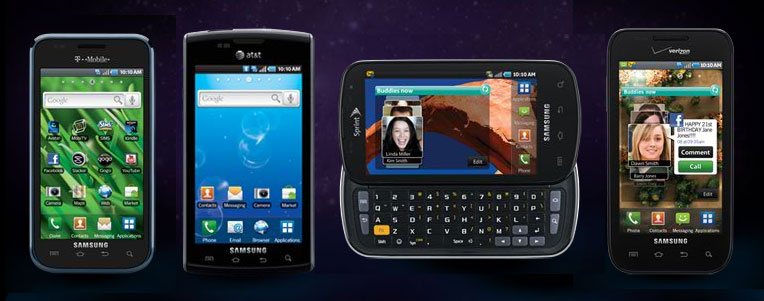
The business world represents an open field for mobile development that Research In Motion and Microsoft have failed to capture, according to Rich Miner of Google Ventures, who led the creation of Android.
“RIM has lost tens of billions of dollars of market cap over the past couple of years. That’s a lot of spend that enterprises were investing in enterprise-specific devices,” Miner said at the GigaOm Mobilize conference in San Francisco. “I still see very few innovative startups doing enterprise work.”

Samsung Galaxy series
The latest news, features and blogs on Samsung’s popular Galaxy series, including the Galaxy S III, Galaxy Tab and Galaxy Note devices.
Microsoft has failed to capitalise on that opportunity with its large installed base in business, he added. “I would have thought Microsoft would have wanted to capture that vacuum” but instead it focused its mobile efforts on consumers, he said.
Enterprise needs may create an opportunity for a third major mobile platform, a software stack or just a set of applications, Miner said.
He cited the example of PlanGrid, an Android application that allows contractors to upload digital blueprints of their projects that can be shared on tablets at construction sites. The contractor for Miner’s own home is using PlanGrid for the project, he said. Construction is a trillion-dollar industry in the US that spends too much of its costs on printing, he said.
In consumer mobile, there may not be room for another major rival to Android and Apple’s iOS, Miner said. “I don’t think consumers are necessarily asking for a third,” he said.
Like RIM and Microsoft, mobile operators have also missed opportunities to create important pieces of the mobile ecosystem, Miner said. They could have better used their billing systems to help developers monetise their apps, used Android to create a consistent user interface within their phone product lines, and let developers use network tools to improve app performance, but they didn’t, Miner said.
Miner doubts carriers will create innovative apps or sophisticated plans for M2M (machine-to-machine) services, either. “History says they won’t do a great job,” he said.
He does see a place for Android in M2M and said Google Ventures is investing in companies in that area.
Miner led the development of Android until leaving Google in 2009 to found Google Ventures, which invests in a wide range of startups. In discussing the mobile platform he was instrumental in bringing to market, Miner acknowledged “a first wave of tablet devices which I think didn’t quite hit the bar” though later excelled, but he said Android may be used in home gadgets and other areas.
But Miner did take a dig at Apple’s new iOS maps, which have displaced Google Maps in the iOS 6 operating system that was released earlier this week. He said he had upgraded his iPhone and tried the new map software to get to a place he knew how to find.
“It circled me back up to (Highway) 101, I was 25 minutes late for my meeting,” Miner said. There’s build and there’s buy. They decided to build. I’m not sure that was the right decision.”
Courtesy Computerworlduk